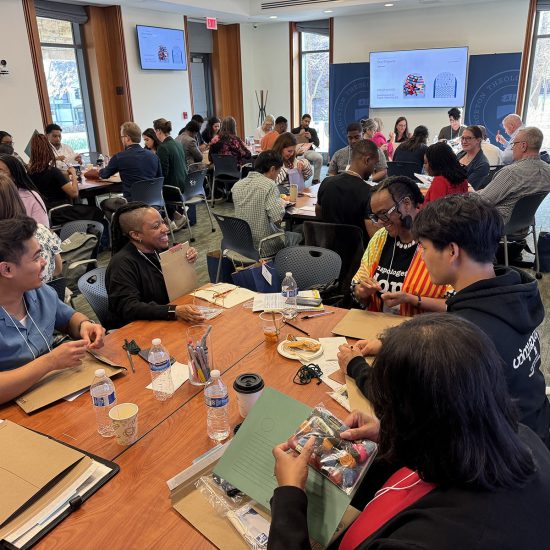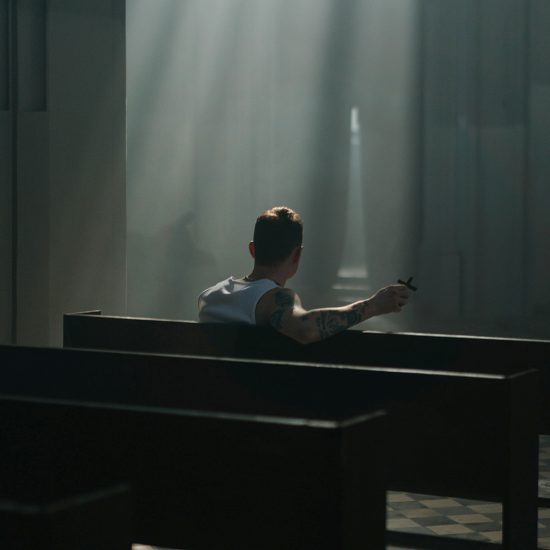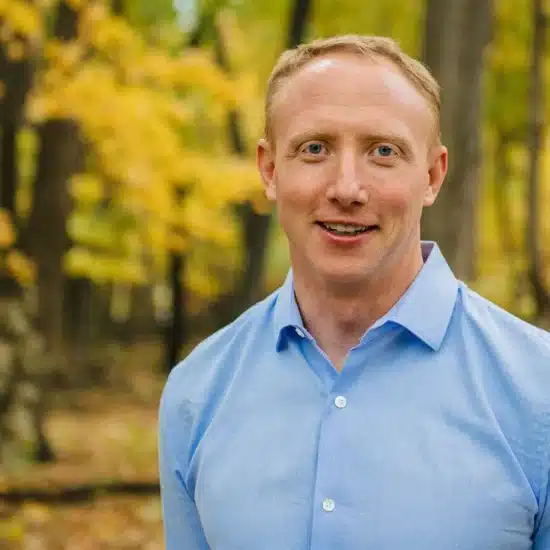By Janis Mansker
Many years ago, I was a missionary journeyman in Africa. When my pastor, Scott Harrison, invited me to help check out a possible mission project in Kenya, I was ready to go.
 The children we saw are happy, yet they live in extreme poverty. Sometimes they get to eat one meal a day. The temptation is to feel guilty for having so much instead of feeling grateful to God for each provision. A grateful heart wants to give. First Baptist Church of Lee’s Summit is a well-blessed and grateful congregation that intentionally gives to a variety of mission causes.
The children we saw are happy, yet they live in extreme poverty. Sometimes they get to eat one meal a day. The temptation is to feel guilty for having so much instead of feeling grateful to God for each provision. A grateful heart wants to give. First Baptist Church of Lee’s Summit is a well-blessed and grateful congregation that intentionally gives to a variety of mission causes.
Our most recent endeavor is the KidsHeart Africa school in the Korogocho slum of Nairobi. KidsHeart is a world-wide emphasis of Buckner Orphan Care International. Before our church chose this project, my pastor and I traveled to Kenya to see the work being done and to meet those responsible for it, including the director of the school, pastor Euticauls Nzengu.
When pastor Euticauls was a young man, he lived in the slum area and attended the school, started in 1985 by International Mission Board missionaries. Their intention was to teach the Bible to children in addition to other subject areas. The plan of salvation was consistently explained. It was while attending the school that pastor Euticauls became a Christian. Today he directs the work of the school, pastors a church and serves in a similar position to associational moderator. He and his wife have three children.
The school is located next to the city dump in a slum that has 300,000 to 600,000 residents. The unemployment rate is over 50 percent. Homes are constructed out of scrap sheet metal attached to poles. The floors are dirt and there is no plumbing. Most homes have no electricity. All of these conditions are difficult for us to imagine, and yet, the people who live there are content with a little and hopeful for the future.
Something that gives hope for the future is an education through the eighth grade. In Kenya, eighth-grade graduates are eligible to take a qualifying test to attend high school. The school our church plans to help has classes through the fourth year. We plan to purchase adjoining land that is solid ground, not landfill, and build two-story concrete-block classrooms. This will allow the school to offer classes through the eighth grade. Pastor Euticauls continues the school’s tradition of Bible study every morning. These children are learning that Jesus loves them, has a plan for their lives and offers the greatest hope.
Once these classrooms are completed, the temporary classrooms now in use will be torn down and the area turned into a playground. The current playground is a stretch of dirt about ten feet wide and 40 feet long with a few pieces of playground equipment. School enrollment is 210 children, many of whom are orphans. Children who attend receive lunch every day.
The school serves adults in the area by offering training in woodworking, hairdressing and garment-making. A goal is to add computer training. Since 1985, more than 2,600 people have been trained at this school.
We saw several men in the street picking up trash. We asked pastor Euticauls what they were doing and why. “It is not their job, but they are picking up trash to have something productive to do,” he said. The equivalent of a dollar a day is a good salary that most people do not receive. We know we need to not only give money but to pray without ceasing for our Kenyan neighbors.
We were privileged to visit an AIDS baby orphanage that cares for an average of 50 babies up to 3 years old. Many were either left at the gate of the orphanage or discarded like trash. We experienced the joy of holding some of them. Many of these babies will be adopted.
Our visit to the Buckner orphanage near a different slum area served as a good introduction to what is possible with permanent facilities and staff. It was mostly a residential orphanage and school that also houses medical and dental clinic facilities. In addition to woodworking, garment-making and computer classes, it includes a small crop farm, egg-laying chickens and a few milk cows.
Before we left on the trip, one of our church members told us about her cousin who lives in Nairobi. Her cousin and family are IMB missionaries. They graciously entertained us for dinner one evening. As we visited with them, we were reminded how critical it is to give to help maintain a missionary presence and work that special offerings and mission trips alone cannot accomplish. We were grateful to learn that they knew about the work of pastor Euticauls.
On Sunday morning, Dr. Harrison was invited to share a word with the congregation pastor Euticauls serves. He did so after a couple hours of energetic singing and testimonies about the goodness of God. At the end of the service, seven made salvation decisions. Our Kenyan brothers and sisters immediately began discipling these new Christians. This particular congregation has already started two new churches and plans to start another this fall.
In some ways the trip was nostalgic for me. Seeing the plants, the fruit and the traffic seemed like going home. Seeing how people live reminded me of how my journeyman experience changed the way I see the world. It was a reminder that my priorities can get skewed when I take what I have for granted. An attitude of gratefulness to God causes me to want to give, pray and love others by sharing the world’s greatest gift, Jesus. (3-22-07)
Janis Mansker is children’s minister at First Baptist Church, Lee’s Summit.






